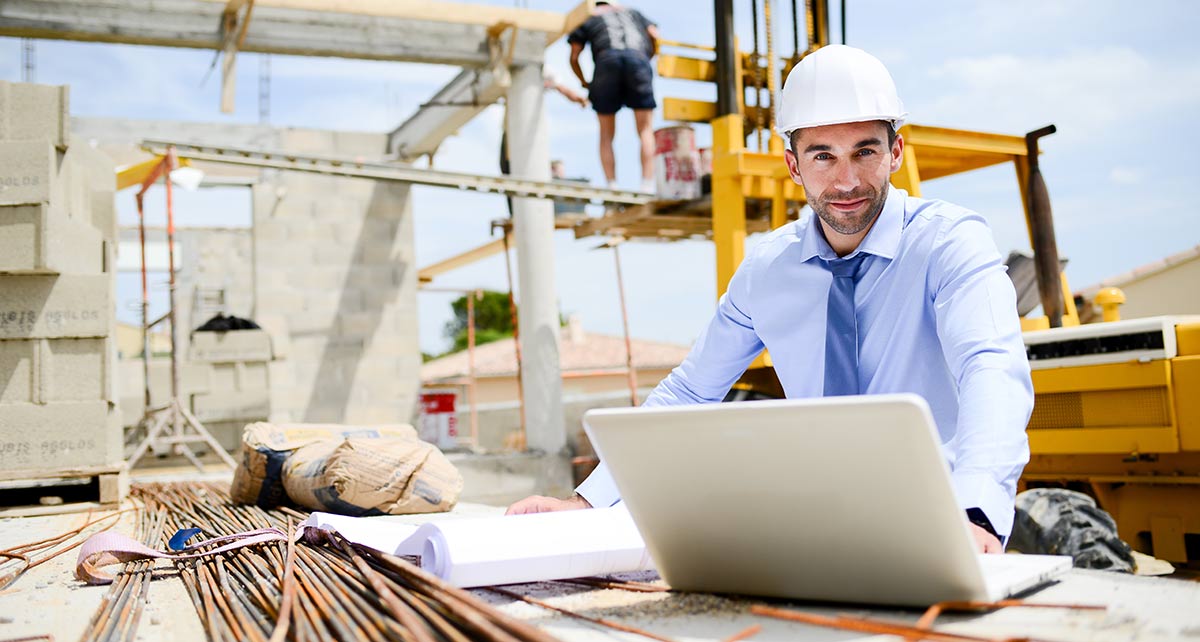
A contract administrators’ role encompasses many tasks – managing, communicating, negotiating and executing the whole contract process. A contract administrator will make decisions, ensure the flow of information between the parties and will determine how the project is progressing.
Proper construction contract administration ensures compliance (i.e. procurement dates, supervisors, payment assessments, claim submissions, variations, EOTs, etc.) and manages risk (i.e. stipulated time and cost).
The stages of construction administration are:
- Project Planning (Design) Stage:
- Preparing the brief regarding the project, the proposed budget and the construction period.
- Tender Stage:
- Documenting and preparing the contract documents to capture local laws, set budget, set construction period, defect liability, retention, payment schedule, pass through risks, liquidated damages etc.
- Construction Stage:
- Monitoring the contractual notice requirements, claims, delays, variations, EOTs, SOW specifications, project performance, stakeholders reporting requirements and updating the Project Director.
- Completion and Final Account Stage:
- Dispute management and resolution, process payments, settling all financial implications, release of retention, providing notice of practical completion and reconciliation of accounts.
A contract administrator needs to be involved throughout the whole lifecycle of the project, from contract creation to contract negotiation, contract approval, contract finalisation and contract change management (if any).
A vital step often missed by many principals and contractors alike is the initial whole of project team meeting, whereby the contract administrator explains the fundamentals of how the contract will operate. On large scale projects, these concepts may need to be relayed to several teams at various stages of the project.
Construction administration best practice includes understanding and relaying to the project team:
- The contract scope and deliverables;
- The delivery goals and performance measures;
- The available resources;
- The role and responsibilities of each stakeholders;
- The detailed timeline of key delivery dates;
- The risks and how they will be managed i.e. risk register; and
- The process for issue escalation, including disputes.
Construction administration best practice typically has the contract administrator working closely together with the project manager. Contract administrators approve, sign and modify the contract, while the project managers are responsible for actual performance.
Project managers provide the contract administrators with time and cost estimates, project risks and real time project information for items such as variations and EOTs. Missed deadlines, missed risks and improper reporting often occur when the project manager fails to communicate with the contract administrator.
Our team at Lamont Project and Construction Lawyers have the knowledge and experience to assist with all contract administration questions and any contractual issues on major projects you may be encountering. If you would like to discuss any matters raised in the article as it relates to your specific circumstances, please do not hesitate to contact Peter Lamont (peter@lpclawyers.com) or myself (trent@lpclawyers.com).
